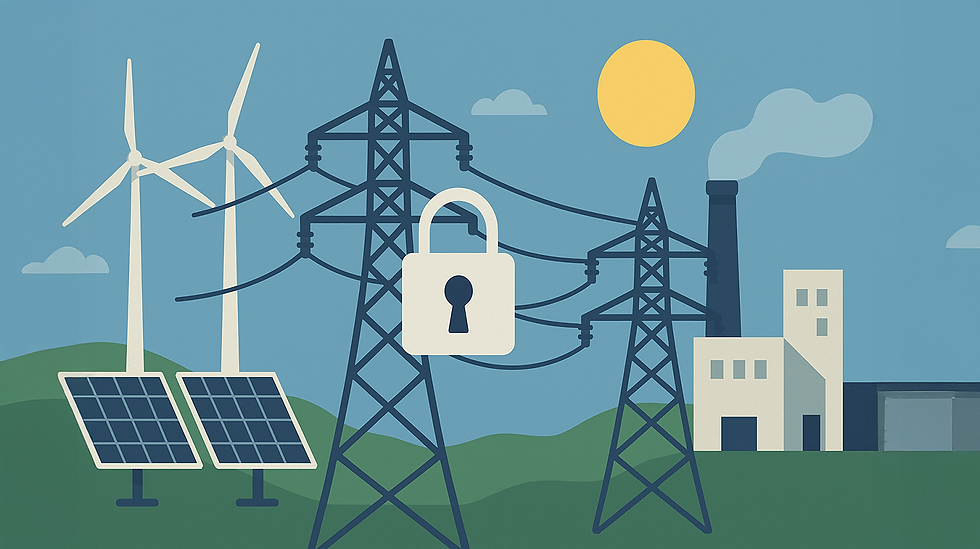Part 2: The Environmental and Societal Impacts of the Plastic Recycling Myth
- Yaein Choi

- Jun 15, 2024
- 2 min read
Continuing from where we left off, the illusion of plastic recycling has not only misled the public but also had significant environmental and societal repercussions. By examining the broader impacts of this myth, we can better understand why it is imperative to shift our approach towards plastic waste management and explore alternative solutions.
The belief in plastic recycling has inadvertently contributed to environmental degradation. As consumers, we have been conditioned to feel less guilty about using plastic, under the assumption that it will be recycled. However, the reality is that much of this plastic ends up in landfills, oceans, and other natural environments. The persistent nature of plastic means that it breaks down into microplastics, which have been found in virtually every corner of the globe, from the deepest oceans to the highest mountains, causing harm to wildlife and ecosystems.
Microplastics are not just an environmental concern; they also pose a significant threat to human health. These tiny particles can enter the food chain through marine life, eventually making their way into the food we consume. Research has shown that microplastics can have various health impacts, including hormonal disruptions and increased risk of cancer. The recycling myth has thus not only failed to mitigate plastic pollution but has also exposed humans to potential health risks.
The societal impacts of the plastic recycling myth are equally troubling. Developing countries often bear the brunt of the world's plastic waste, receiving shipments of supposedly recyclable materials from wealthier nations. These countries often lack the infrastructure to properly manage this waste, leading to environmental and health crises. Furthermore, the focus on recycling has diverted attention and resources away from more sustainable solutions, such as reducing plastic production and improving waste management systems.
To address the shortcomings of the plastic recycling myth, we need to adopt a multi-faceted approach. Reducing plastic production and consumption should be a primary goal. This can be achieved through policies that promote the use of alternative materials, encourage the development of biodegradable plastics, and incentivize companies to reduce plastic packaging. Additionally, improving waste management infrastructure and investing in new technologies for plastic recycling can help mitigate some of the current challenges.
The myth of plastic recycling has lulled us into a false sense of security, obscuring the urgent need for more effective solutions to plastic pollution. By recognizing the limitations of current recycling practices and shifting our focus towards reduction and innovation, we can pave the way for a more sustainable and healthier future. It is time to move beyond the myth and take meaningful action to address the plastic crisis.




Comments